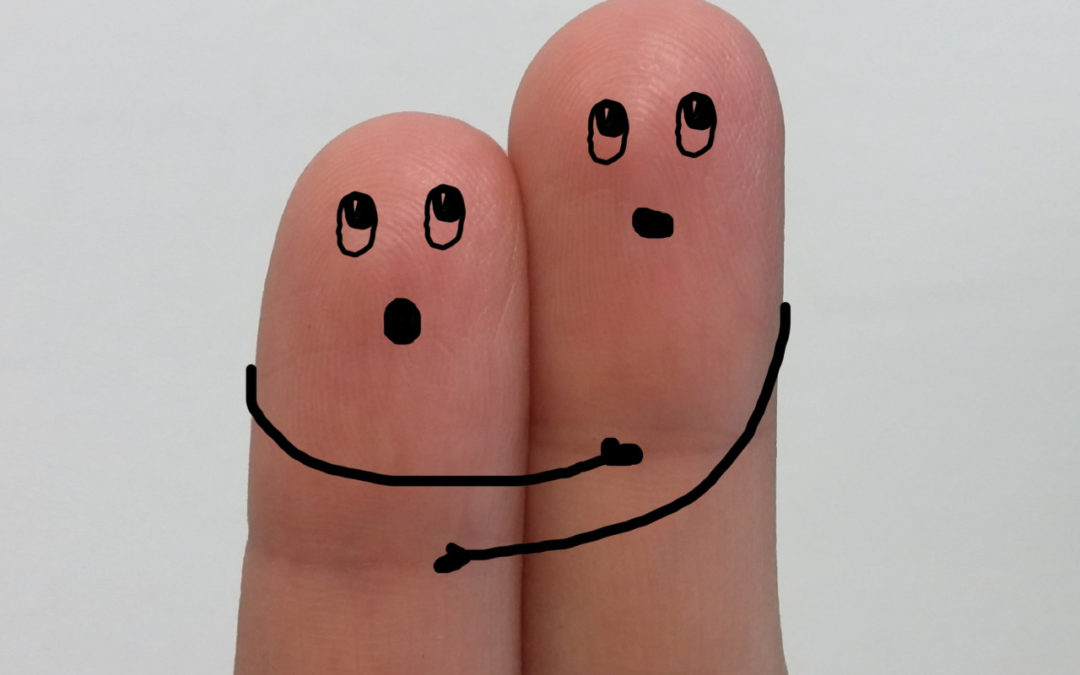Fear sets off a chain reaction of events in our brain. It kicks off a rapid and deeply wired, non conscious set of responses designed to save our life.
One could say there are two key types of fear: The sudden, extreme and short lasting kind – like when someone jumps out and yells Boo! The other is the slow burn; the low grade fear caused by changes in personal circumstances like prolonged lack of income, uncertain employment or a global pandemic.
How it works
When we sense a threat, our body releases hormones that shut down some functions, like digestion, and heightens others that may help us survive in the moment e.g. heart rate and blood flow to our muscles. Resources in our brain also shift away from the rational thinking part of the brain, the prefrontal cortex, and instead flow to the more primitive centre, the Limbic system. This helps us focus on the danger and store the experience away in long term memory.
Impact of fear
According to research at the University of Minnesota* “once the fear pathways are ramped up, the brain short-circuits more rational processing paths and reacts immediately to signals from the amygdala. When in this overactive state, the brain perceives events as negative and remembers them that way.” This means we start to experience more things as negative and dangerous. If you have spent eight months watching daily news about COVID 19 for example, you may relate to this experience. Over the long term, the impacts are:
Physical health – Our immune system weakens, right when we need to be boosting it. That can open the door to related diseases like heart issues and digestive problems. Regular exercise and a healthy diet can help.
Memory –Our memory capacity is distorted as the memory centre of our brain, the hippocampus, shrinks. This leaves us anxious, and with memories that confirm our feeling of fear. Getting enough regular sleep is shown to strengthen memory.
Thinking – We are more likely to be affected by our non-conscious biases when afraid. We are also more problem focused and less able to process non-verbal cues or think creatively. Shift to a more positive mindset by doing activities you enjoy and savor the positive emotions that follow.
Reactivity – The brain’s alarm centre, the amygdale strengthens and increases in size. This leaves us less able to regulate our emotions and unable to respond appropriately in everyday situations. Regular meditation has been scientifically shown to help us regulate emotions and increase our sense of wellbeing.
Mental health – Cortisol levels stay high and dopamine levels stay low, leading to lack of sleep, fatigue and depression. Connecting with others, seeking support and talking about our feelings are essential to our mental health – especially in difficult times.
Halloween truly is an opportunity to have fun and get outside safely with loved ones. But be mindful not to yell ‘Boo!’ too loudly or jump out in front of people in full Grim Reaper costume. There are many already-fearful brains out there in this year of pandemic. A cheery ‘Happy Halloween’ from one human being to another, on the other hand, may bring a welcome smile and feeling of connection.
* https://www.takingcharge.csh.umn.edu/impact-fear-and-anxiety


Recent Comments